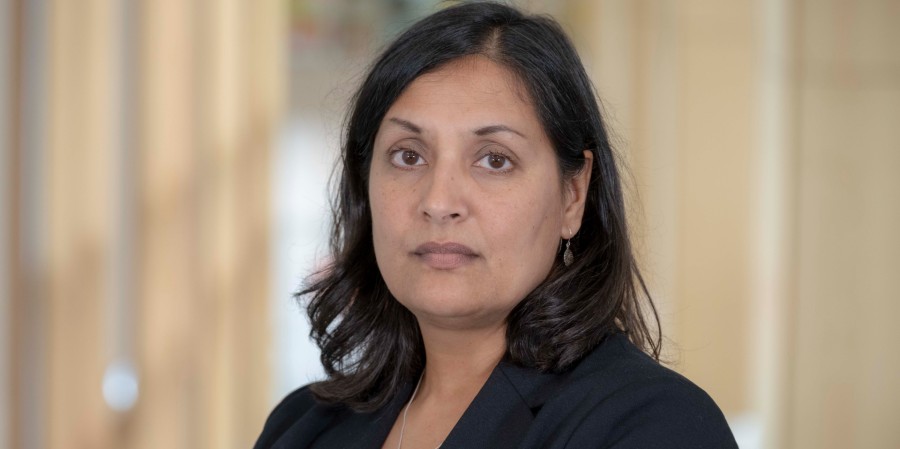Global summit didn’t go far enough, says Professor Jafry

Professor Tahseen Jafry, director of the Mary Robinson Centre for Climate Justice at Glasgow Caledonian University, gives her thoughts on COP28.
Welcome to the frontline of the climate battle – COP28, where the heat is on, both figuratively and literally. More than 97,000 minds, a melting pot of government reps, eco-warriors, academics, and activists, all gathered in one space. COP28 was not just a conference; it was a call to arms, a global effort to confront the climate crisis head-on.
The stakes? Oh, just the Earth's thermostat hitting an alarming three degrees – that's double the ambitious goal set at COP26 in Glasgow. The urgency is real, and COP28 was our collective shot at turning the tide.
This COP needed to be about breakthroughs. We're talking about slamming the brakes on carbon emissions, propelling a seismic shift away from fossil fuels, and financing the climate revolution. It's not just policy jargon; it's about ensuring a just transition that fosters sustainable development and eradicates poverty. As the curtain drew on COP28, there was massive discontent with the final outcomes, with what seemed to be a complete disregard for the phasing out of fossil fuels.
The curtain lifted on such a positive note, too, with the unveiling of the loss and damage fund. Pledges rolled in from heavyweights such as the UK, Germany, Japan, and a nod from the US – a positive step, but here's the kicker: operationalising the fund is a meticulous dance of allocation, determination processes, and making sure every unit of currency hits where it matters the most. We're talking trillions here – because the climate emergency demands nothing less.
The question of climate finance is always at the core of COP and, at COP 28, there was a specific focus on the need to unlock private-sector finance, in addition to state funds and money from non-state actors, to super charge access to climate finance for developing countries.
Africa, with 80% of the world's poorest population, gets a paltry 3% of climate finance – a statistic that screams for urgent attention. Incentivising the private sector in this climate revolution is not a walk in the park; it's a challenge that demands a more inclusive structure for climate finance beyond the shiny new loss and damage fund.
There was a multitude of pledges on just transition: the Global Renewables and Energy Efficiency Pledge, the Global Cooling Pledge, and the Coal Transition Accelerator, among others – all with a collective goal to rapidly decarbonise the energy system. Seventy-eight national governments have signed the partnership to commit to working collaboratively to support just and inclusive transitions.
Energy security also took the spotlight at COP28, demanding not just talk but comprehensive planning. It's about the future of jobs, the greening of sectors, and the critical need for upskilling and retraining.
All of these pledges were made hoping that we would see a successful final outcome but, as with all things COP, it is disappointing that the energy put into this is not reflected in the final text agreement, which does not call for the complete and mandatory phase-out of fossil fuels.
The need to increase by 2030 the resilience of four billion people, who are the most vulnerable to climate risks, just highlights the significance of why the move away from fossil fuels must not be underestimated. We need much more ambition to turn pledges into actionable activity on the ground. That is what counts, not words.
